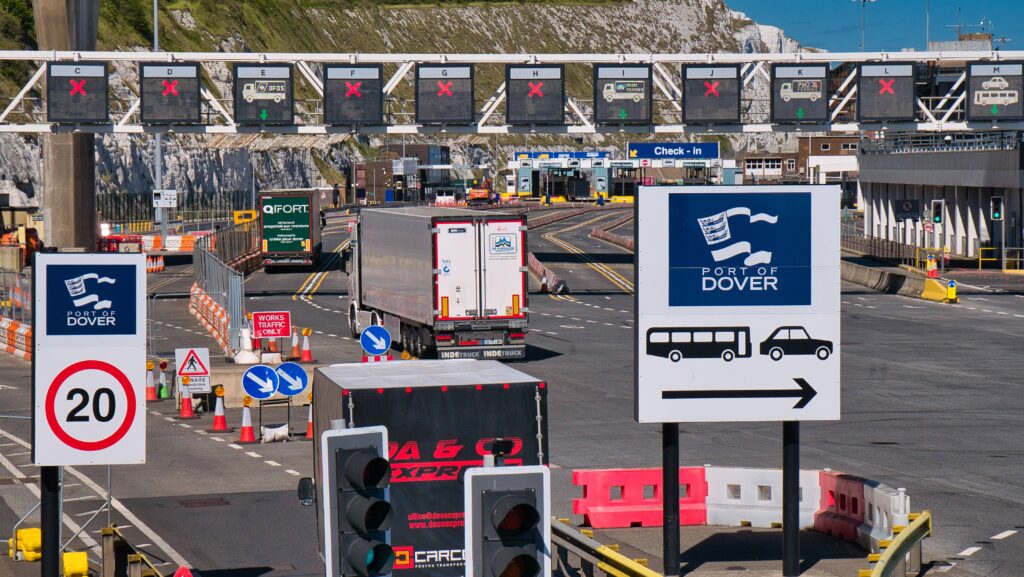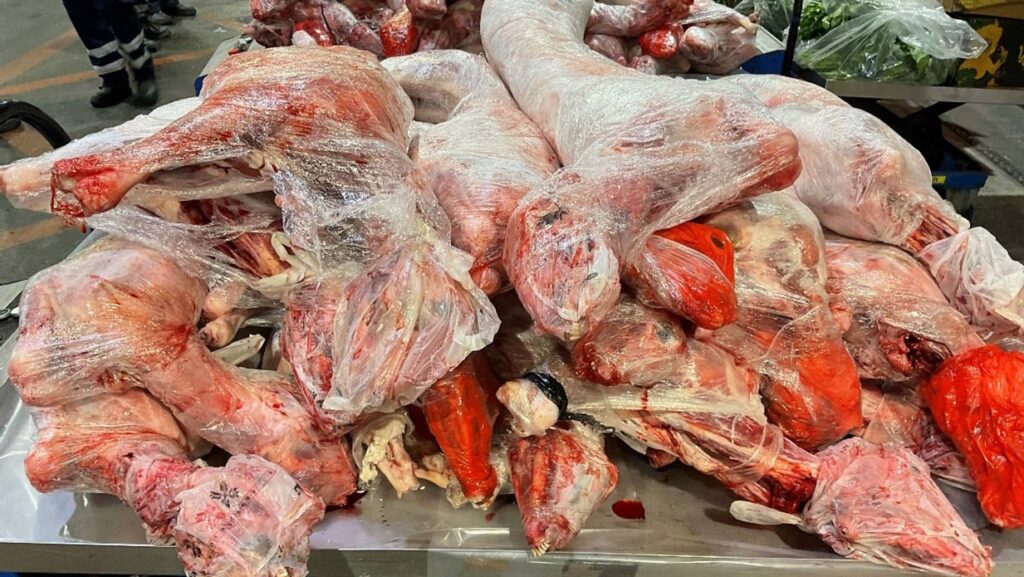New border controls ‘woeful’ say farm groups
 © Adobe Stock
© Adobe Stock NFU Scotland has warned that livestock farmers remain exposed to unacceptable levels of risk from imported animal disease, despite this week’s implementation of physical and paper checks on some goods coming in from the EU.
The second stage of the so-called Border Target Operating Model (BTOM) came into effect on Tuesday (30 April) with “medium-risk” products, such as meat and dairy, now subject to checks.
See also: MPs fear border weaknesses as physical food checks loom
According to Defra biosecurity minister Lord Douglas-Miller, documentary checks are now being applied to all meat imports, and to a proportion (3%) of medium-risk plant imports.
But despite repeated requests from MPs for details of how many physical inspections for pests and diseases are now being made, he has remained tight-lipped.
“Physical and ID checks for medium-risk goods are in place from today,” he said in a letter to the cross-party Environment, Food and Rural Affairs committee.
“Checks will initially focus on those commodities that present the greatest risk, and will build up to full inspection numbers over time.”
But, even though the BTOM requires physical checks of up to 30% on medium-risk products, he gave no figures as to how many are actually taking place.
Lord Douglas-Miller has also indicated that Defra will initially adopt a “light touch” approach to enforcement, relying on the integrity of businesses and lorry drivers to play by the rules.
Incorrect paperwork
However, media reports have suggested that the system is already falling short, as imports with incorrect paperwork are being waved through.
NFU Scotland vice-president Andrew Connon described the UK government’s record on border safety as “woeful”.
“Lax implementation of import controls means our producers are continuing to be exposed to unacceptable levels of risk,” he said.
“This government must step up to the plate immediately to address any border control failings and report back to industry on implementation of the latest phase.”
Smuggled meat

Another 3.4t of illegal pork and lamb was discovered by Dover health authorities © Dover Port Health Authority
As well as ensuring border checks on legitimate imports from the EU are appropriate, NFUS says the greatest risks to food and animal safety come from smuggled meat.
“It is clear that additional resource to target illegal imports through other ports must be found,” said Mr Connion.
The comment follows the discovery of another 3.4t of illegal pork and lamb by Dover health authorities last weekend.
This included 54 unmarked sheep carcasses from Romania, which had travelled for several days, wrapped in cling film and black bin bags, without any refrigeration and close to other foodstuffs, including pig parts, chicken, beef, and cheese.
It was the largest interception so far and takes the total amount of meat seized since personal meat import checks were introduced at Dover in September 2022 to over 85t.
Lucy Manzano, head of public protection at Dover Port Health Authority, said the seizures demonstrated just how vital its work is, yet Defra is still pressing ahead with a 70% cut in its funding.
